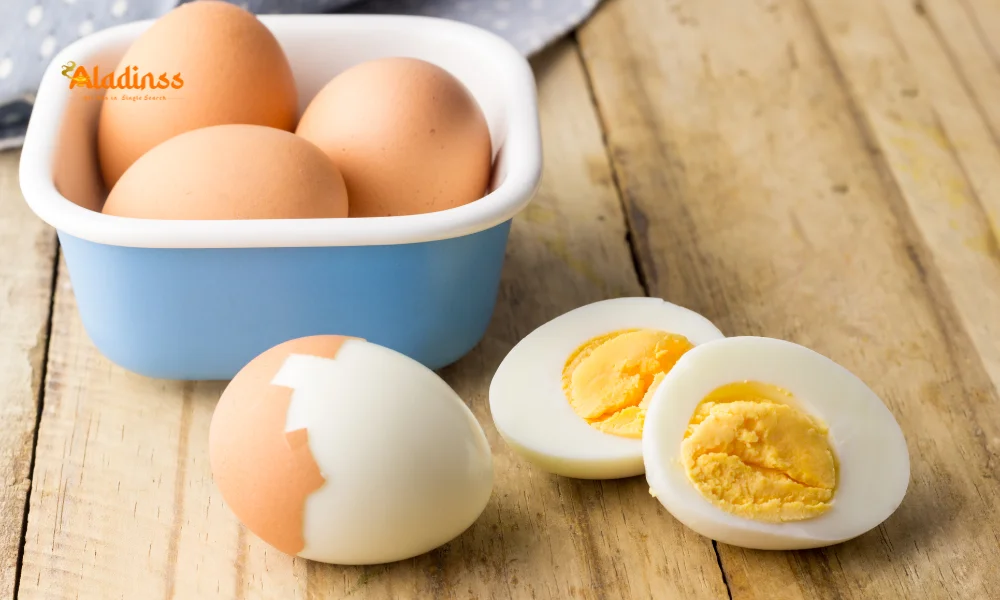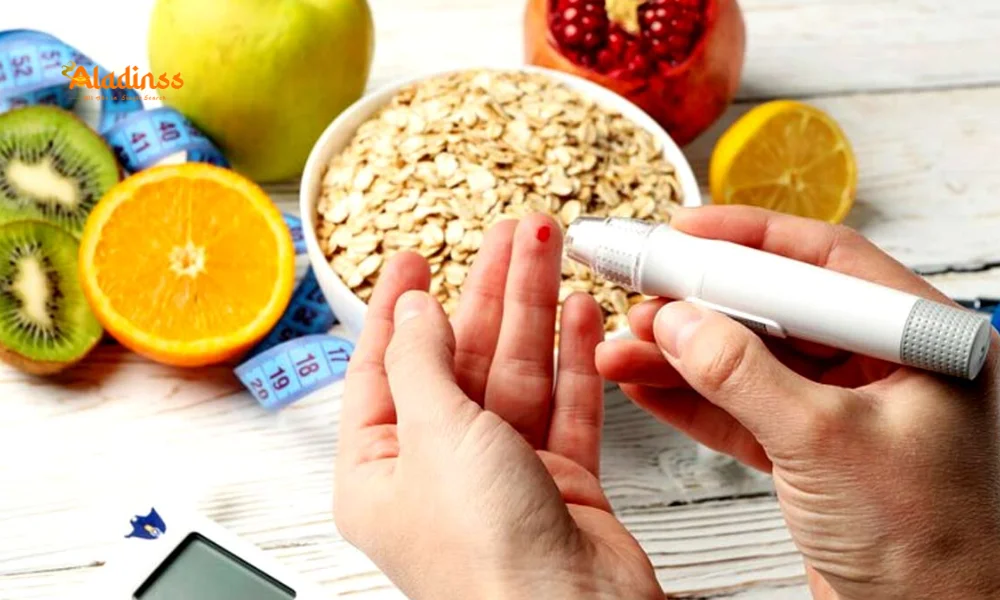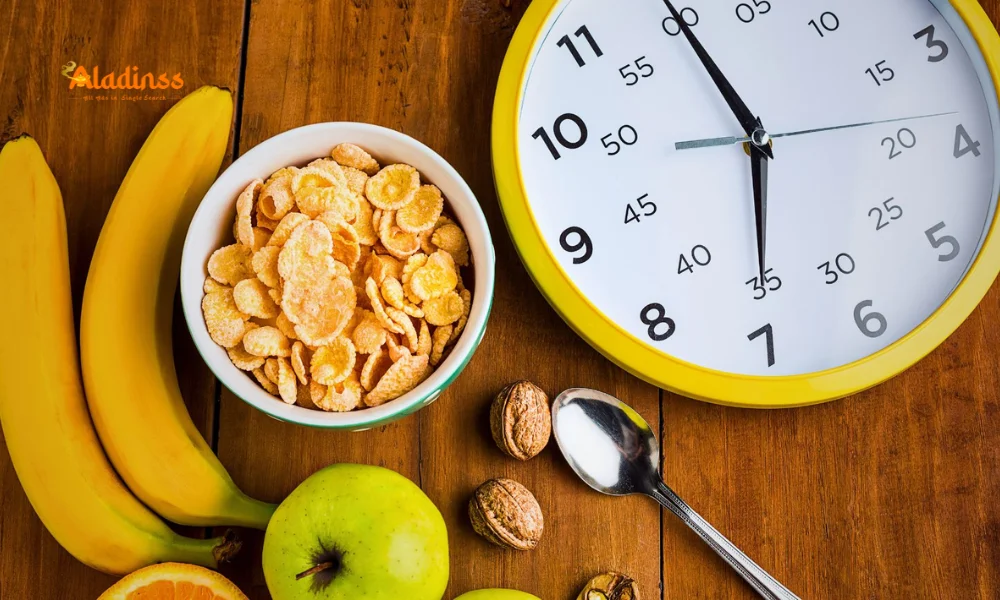Liver Failure: Not Just Alcohol, But These 3 Drinks Can Also Cause Liver Failure
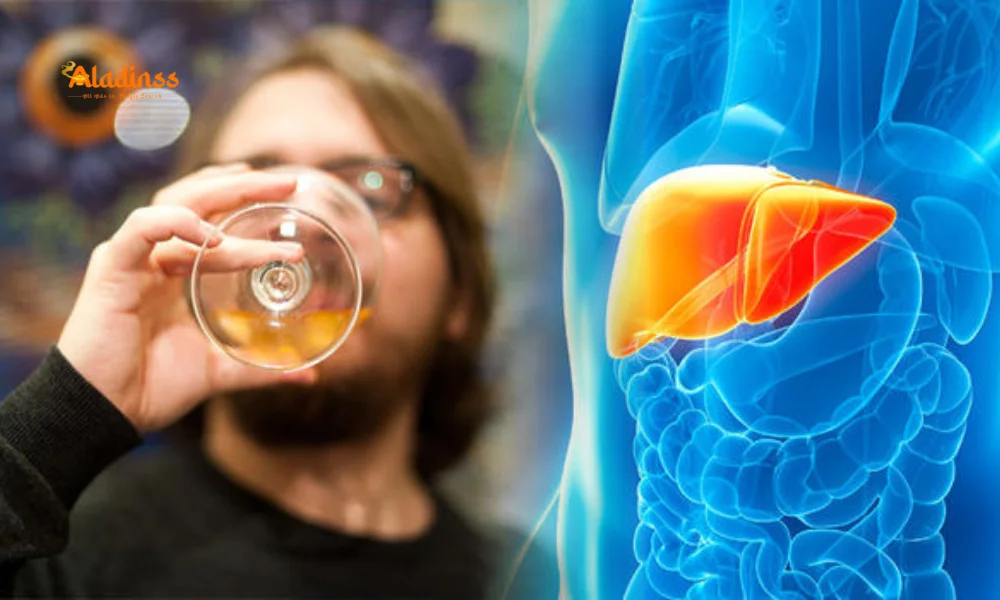
Liver Failure: Not Just Alcohol, But These 3 Drinks Can Also Cause Liver Failure
Liver failure is often associated with excessive alcohol consumption, but many are unaware that everyday drinks can also contribute to severe liver damage, including fatty liver disease and cirrhosis. Non-alcoholic fatty liver disease (NAFLD) affects millions globally, and without proper care, it can progress to life-threatening conditions like non-alcoholic steatohepatitis (NASH) and cirrhosis. This article explores how soft drinks, sports and energy drinks, and boba tea—loaded with sugar and additives—can accelerate liver failure risks, even in those maintaining a healthy diet. Understanding these hidden dangers is key to preventing liver inflammation, scarring, and failure.
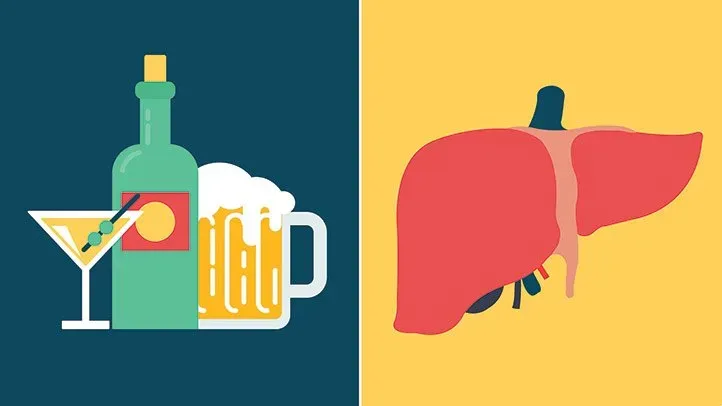
Fatty liver disease exists in two forms: alcoholic and non-alcoholic. While alcoholic fatty liver stems from heavy drinking, non-alcoholic fatty liver disease is increasingly common due to poor dietary habits, particularly sugary beverages. These drinks overload the liver with fructose and refined sugars, causing fat buildup in liver cells. If ignored, this can lead to chronic inflammation, scarring, and cirrhosis—a stage where liver failure becomes a real threat. Regular exercise and a balanced diet can reverse early fatty liver, but persistent consumption of harmful drinks can negate these efforts and cause irreversible liver damage.
The Hidden Dangers of Soft Drinks on Liver Health
Soft drinks are popular across all age groups, enjoyed for their fizzy sweetness. However, their high content of high fructose corn syrup and refined sugars poses a significant risk to liver health. The liver processes excess sugar by converting it into fat, leading to accumulation in liver cells—a primary cause of non-alcoholic fatty liver disease (NAFLD). Over time, this fat buildup triggers inflammation and scarring, progressing to non-alcoholic steatohepatitis (NASH), which increases the risk of cirrhosis and liver failure.
Research shows that frequent soft drink consumption heightens liver disease risk. The liver’s strain from processing these sugars disrupts its functions, including detoxification and metabolism regulation. For those with fatty liver, soft drinks can worsen symptoms like fatigue and abdominal discomfort, though early stages are often asymptomatic. Reducing soft drink intake is crucial to prevent non-alcoholic fatty liver from advancing to cirrhosis and liver failure.
Also Read: Alcohol Risks in Monsoon: Health Concerns
How Sports and Energy Drinks Accelerate Liver Damage
Marketed as performance enhancers, sports and energy drinks are packed with sugar, artificial sweeteners, caffeine, taurine, and other stimulants. Their sugar content, comparable to soft drinks, overwhelms the liver, contributing to fatty liver disease. The mix of high sugar and stimulants increases oxidative stress and inflammation, accelerating liver damage in those with non-alcoholic fatty liver.
Artificial additives in these drinks impair the liver’s detoxification ability, leading to metabolic disruptions. Chronic consumption can exacerbate insulin resistance, a key factor in progressing from NAFLD to NASH and cirrhosis. For athletes or professionals relying on energy drinks, this habit could unknowingly elevate liver failure risks. Experts recommend limiting intake to prevent liver inflammation and maintain optimal liver health.
Boba Tea: A Sweet Trend with Serious Liver Risks
Boba tea, or bubble tea, has gained global popularity for its creamy texture and tapioca pearls. However, a single serving can contain over 50 grams of sugar, which rapidly converts to glucose, spiking blood sugar levels. This contributes to insulin resistance, fat accumulation in the liver, and increased inflammation—key drivers of fatty liver disease and cirrhosis.
For those with non-alcoholic fatty liver, boba tea is particularly harmful, intensifying existing damage. Tapioca pearls and sweetened milk add to the caloric load, further straining the liver. Frequent consumption heightens liver failure risk by promoting scarring and reducing liver function. Opting for unsweetened versions or limiting intake is essential for cirrhosis prevention.
Healthier Alternatives to Protect Your Liver
Instead of risking liver failure with sugary drinks, opt for healthier alternatives like homemade lemon juice, herbal teas, and coconut water. These beverages hydrate without overloading the liver, supporting detoxification and reducing inflammation. Combining them with a low-processed-food diet and regular exercise can reverse fatty liver disease and prevent progression to cirrhosis.
Awareness of these drink-related risks is critical to combating the rise of non-alcoholic liver diseases. Making informed choices can help maintain liver health and prevent the silent progression toward liver failure.
Comment / Reply From
No comments yet. Be the first to comment!

